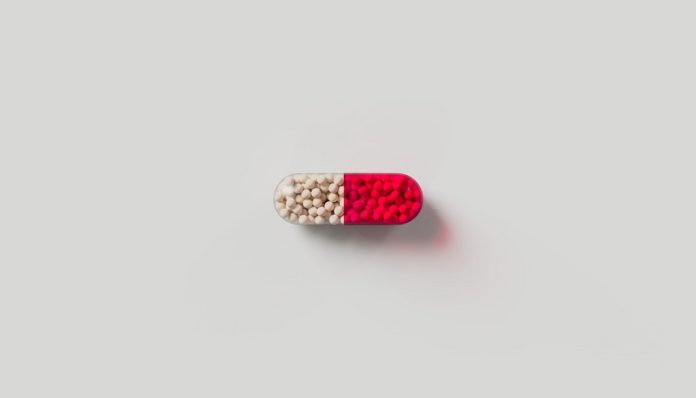
Heparin, a frequently used anticoagulant to prevent blood clotting, poses a severe, potentially fatal risk to a small percentage of patients.
Up to 3% of recipients may develop heparin-induced thrombocytopenia (HIT), a condition that induces rapid clotting of the blood, counteracting the drug’s intended effect.
Despite its seriousness, the pharmaceutical industry has paid little attention to this issue, leaving a pressing need for safer alternatives.
A New Hope
Researchers from the University of Tokyo have developed a groundbreaking anticoagulating treatment that has shown effectiveness in test mice.
Published in Molecular Therapy—Nucleic Acids, this research could lead to human trials within a few years.
The World Health Organization considers Heparin a vital medication, yet HIT remains a largely unexplored but severe side effect.
The condition can be particularly detrimental to pregnant women, as existing treatments could negatively affect the fetus.
How Does the New Treatment Work?
The novel anticoagulant is a next-generation thrombin inhibitor consisting of DNA molecules.
The key molecule in the drug, a bispecific aptamer, can bind to multiple targets simultaneously, providing a novel mechanism to prevent severe bleeding.
An additional feature includes short DNA sections that act as an antidote to mitigate undesirable clotting side effects during HIT.
The DNA-based drug promises more complex behaviors than traditional chemistry-based drugs. In mice studies, the treatment was about 10 times as effective as the current best treatments for HIT.
Moreover, because the DNA molecules are too large to cross the placenta, this drug holds potential as a safer option for pregnant women.
Future Outlook
“We hope to proceed with human trials soon,” said Associate Professor Keitaro Yoshimoto. “Though the number of HIT sufferers is small, it’s such a severe condition I feel it’s important we tackle it quickly.”
Preclinical studies could take up to two years, with human clinical trials requiring another five years.
This innovative approach combines cutting-edge molecular biology with the pressing needs of medical science, offering hope for a safer, more effective treatment for conditions requiring anticoagulants.
While still in the early stages, the promise shown in animal models makes this a significant step forward in potentially saving lives.
If you care about stroke, please read studies about a breakfast linked to better blood vessel health, and olive oil could help lower risks of heart disease and stroke.
For more information about health, please see recent studies about how the Mediterranean diet could protect your brain health, and how wild blueberries can benefit your heart and brain.
The study was published in Molecular Therapy—Nucleic Acids.
Follow us on Twitter for more articles about this topic.
Copyright © 2023 Knowridge Science Report. All rights reserved.



